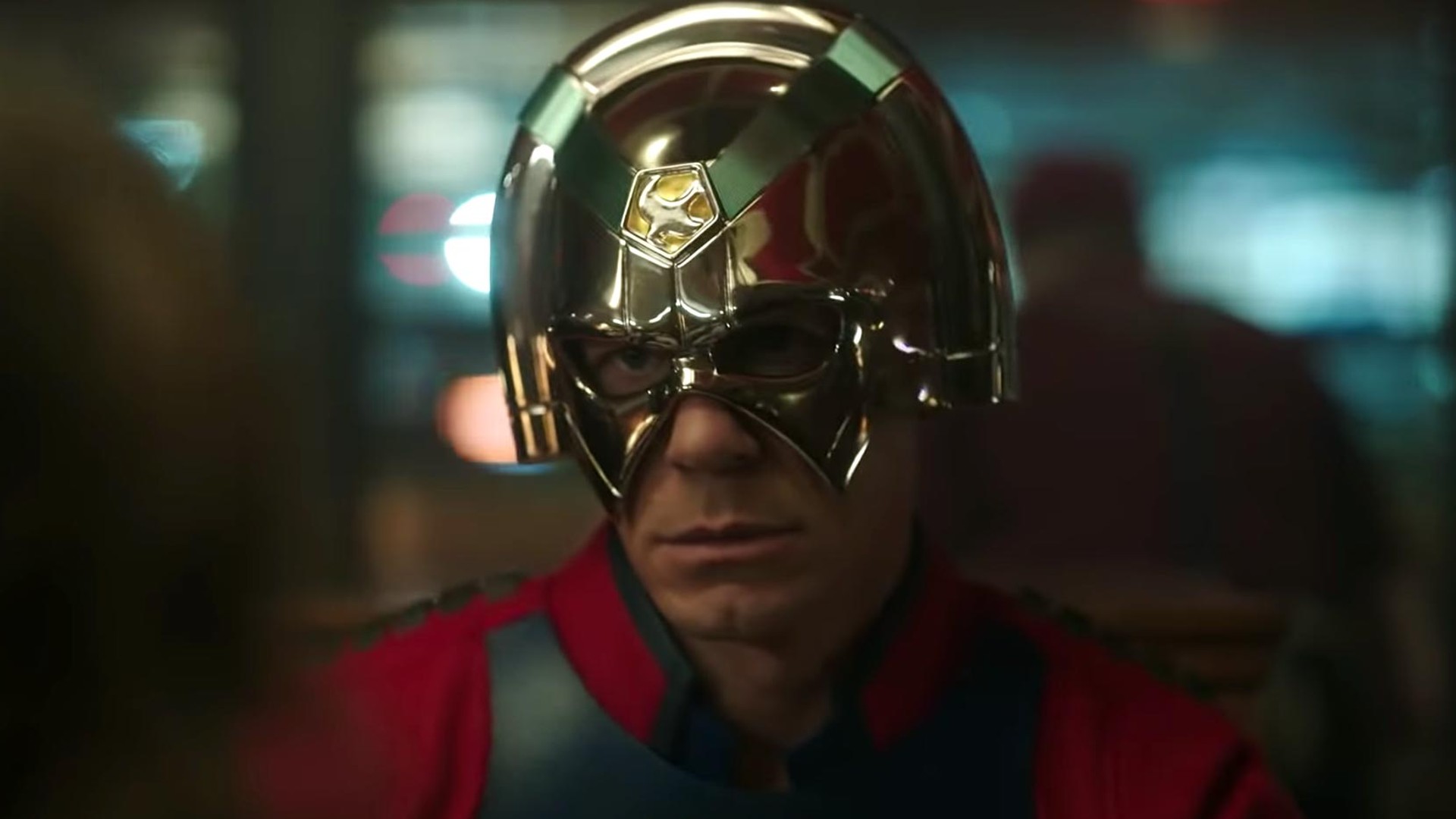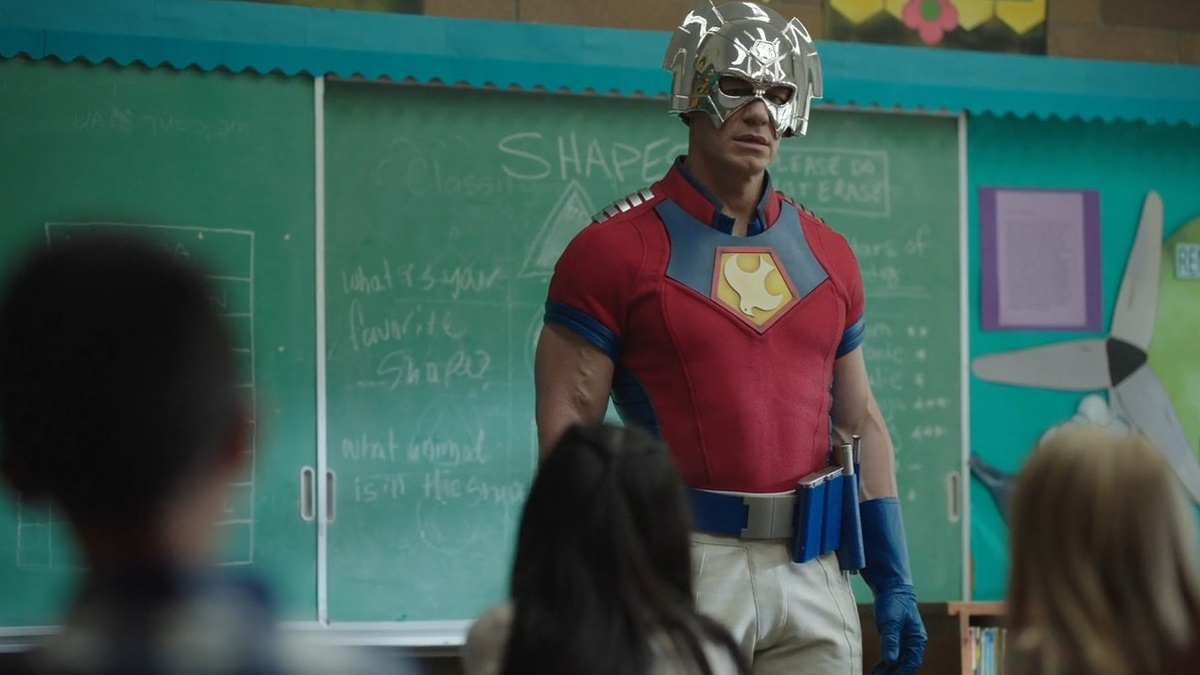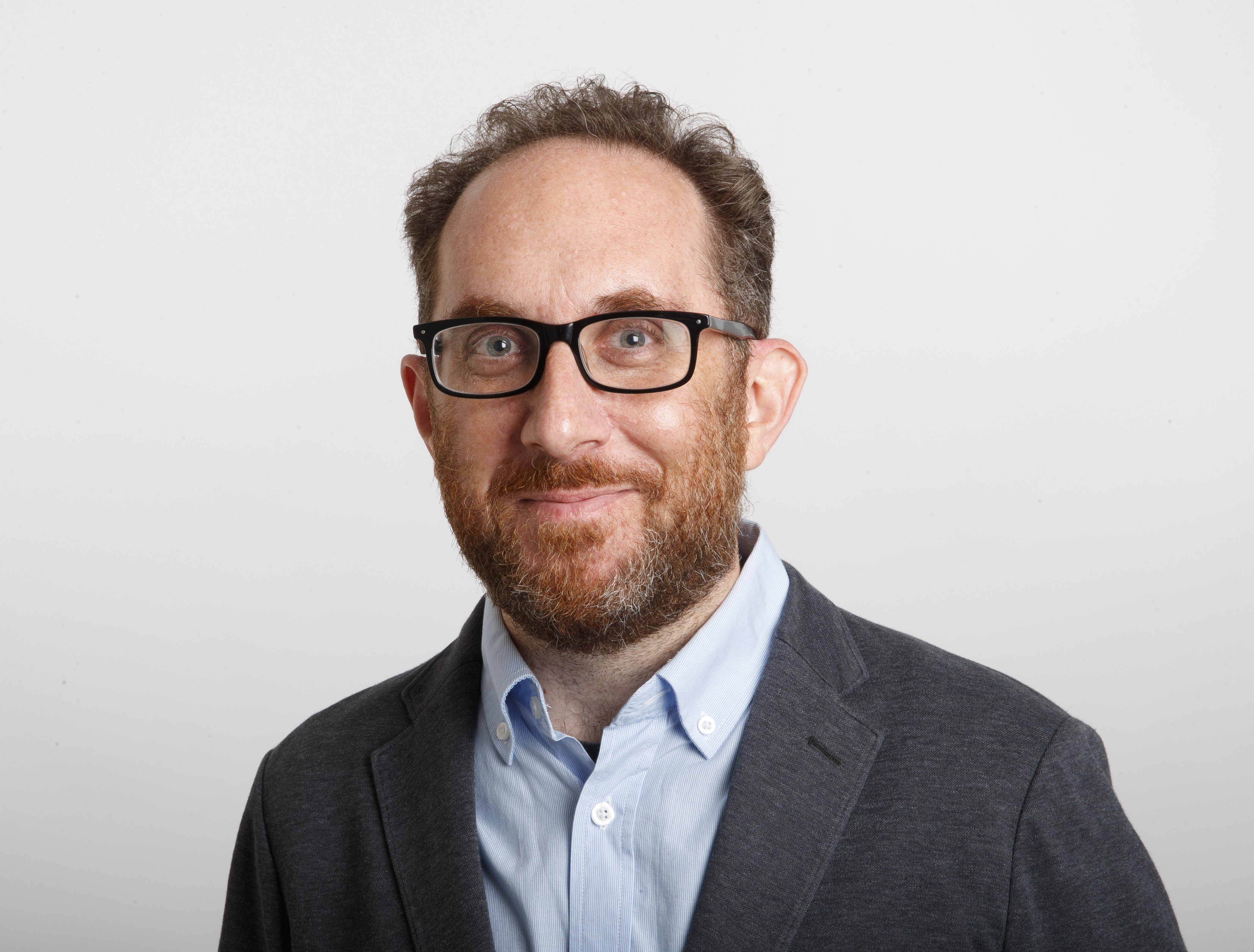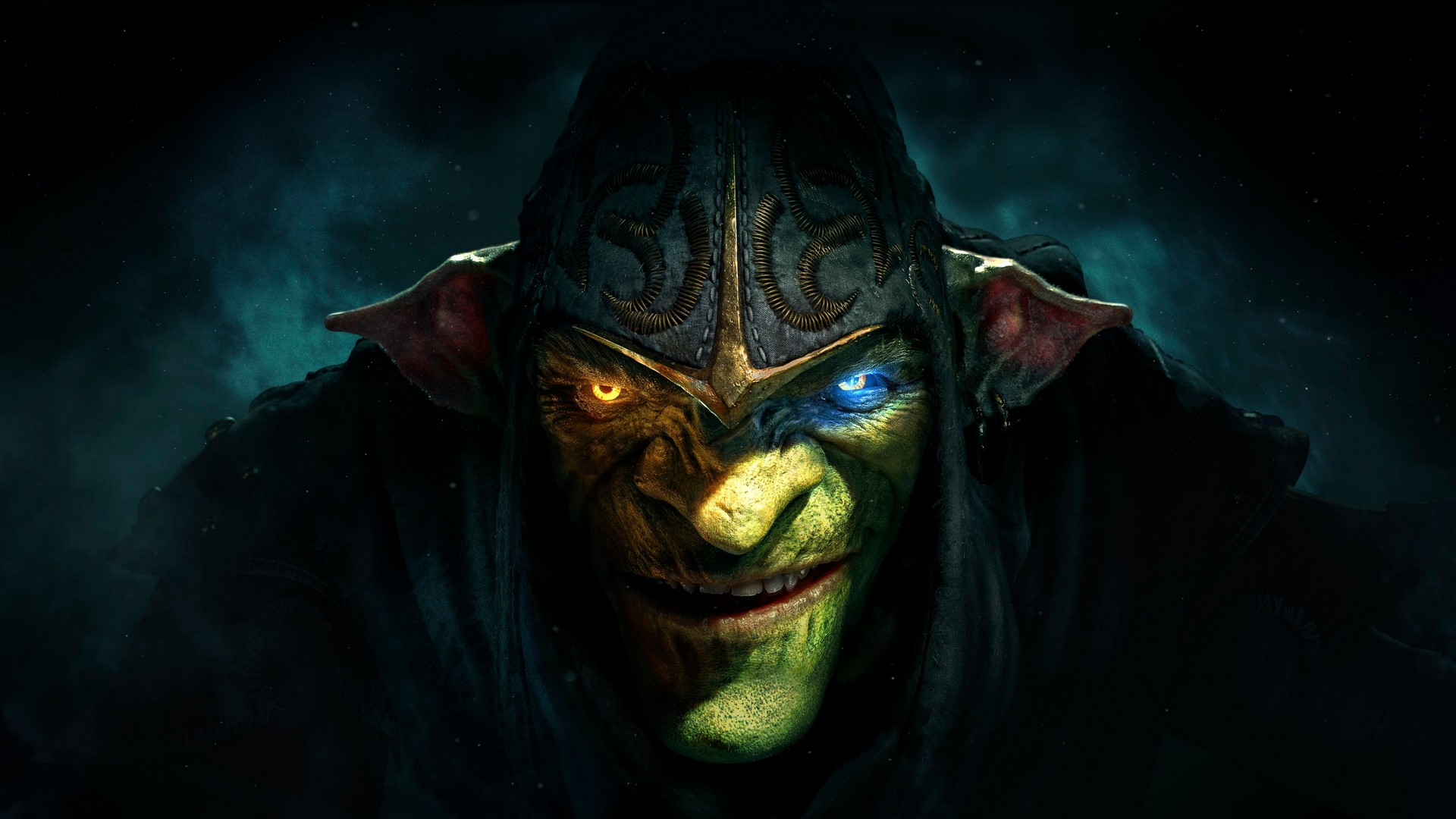Peacemaker season 2 proves there's still something to say about the multiverse
Opinion | Peacemaker season 2 puts character first for its multiverse scenario, and it makes a huge difference

Weekly digests, tales from the communities you love, and more
You are now subscribed
Your newsletter sign-up was successful
Want to add more newsletters?

Every Friday
GamesRadar+
Your weekly update on everything you could ever want to know about the games you already love, games we know you're going to love in the near future, and tales from the communities that surround them.

Every Thursday
GTA 6 O'clock
Our special GTA 6 newsletter, with breaking news, insider info, and rumor analysis from the award-winning GTA 6 O'clock experts.

Every Friday
Knowledge
From the creators of Edge: A weekly videogame industry newsletter with analysis from expert writers, guidance from professionals, and insight into what's on the horizon.

Every Thursday
The Setup
Hardware nerds unite, sign up to our free tech newsletter for a weekly digest of the hottest new tech, the latest gadgets on the test bench, and much more.

Every Wednesday
Switch 2 Spotlight
Sign up to our new Switch 2 newsletter, where we bring you the latest talking points on Nintendo's new console each week, bring you up to date on the news, and recommend what games to play.

Every Saturday
The Watchlist
Subscribe for a weekly digest of the movie and TV news that matters, direct to your inbox. From first-look trailers, interviews, reviews and explainers, we've got you covered.

Once a month
SFX
Get sneak previews, exclusive competitions and details of special events each month!
Somewhere out in the multiverse, there's a universe where audiences aren’t sick to death of the concept of the multiverse.
Thanks to overuse from the MCU, great acclaim in Everything Everywhere All at Once, and multiple versions on TV, particularly over the past few years, viewers have been inundated with different takes on the sci-fi concept, to the point where it's become a perennial punching bag. But thanks to Peacemaker season 2 on HBO Max, it turns out there is still something to say about the multiverse… if you're saying something.
In the new season, and spoilers for the season 2 premiere past this point, Peacemaker (John Cena) discovers an alternate version of the DCU where his life seems to be perfect. Not only is he a lauded superhero, but his father, Auggie/The White Dragon (Robert Patrick), who Peacemaker was essentially forced to kill last season, is alive and loves him. And, his brother Keith (David Denman), whom he accidentally killed when they were kids, is alive as well.
Not only that, but they’re on a beloved superhero team, The Top Trio, and Peacemaker also has an on-again, off-again relationship with Emilia Harcourt (Jennifer Holland), the woman he's pining after in the DCU.
Basically, everything is perfect in DC2 (or whatever we’re calling it). Unlike in the DCU, where he's confronted with trauma at every turn, dismissed and belittled by his fellow superheroes, and seems to be a massive burden on his friends, this grass is greener on the other side scenario shows that he can be happy if he's in the right place.
A whole new(ish) world

For writer/director James Gunn's part, at least, he doesn't see this as yet another multiverse series.
"There's been a lot of talk about, 'Oh, you're doing the multiverse and that's already been done,'" Gunn told Rainn Wilson in Interview magazine. "But it really isn't the multiverse. It's more like Philip Roth's The Counterlife. It's about one reflection of your world."
That's a great reference and all to an excellent book, but, come on, this kind of is the multiverse. As Gunn goes on to detail in the interview, the MacGuffin of the season is the Quantum Unfolding Chamber, which was introduced in season 1. It's a dimensional doorway that leads to 99 other dimensions. "By dimensions, I don't mean alternate realities," Gunn clarifies, "I mean other dimensions, other realities."
While yes, at least one of those doors leads to a dimension that contains something called a Kyphotic Alien (Dorian Kingi) and another contains imps, the DC2 that Peacemaker visits is a multiversal take, regardless of how Gunn prevaricates around it.
Without getting too deep into spoilers, based on the five episodes provided for critics, DC2 is very much like the DCU, with some minor differences, most of which are detailed above. There may be more, as the final three episodes were held back from review. And certainly there are hints that things will be very different by the time the season 2 finale hits; it's hard to believe that the eventual outcome of the season is that, yes, Peacemaker is better off in another dimension. But the point is to show how the title character deals with [Jamie Lee Curtis voice] trauma.
A multiverse of differences

Contrast that with how the multiverse has been used in the MCU, and you have a veritable, well, multiverse of differences. For example, Doctor Strange in the Multiverse of Madness started with a simple idea – Doctor Strange (Benedict Cumberbatch) was sad about losing his lady love Christine (Rachel McAdams), so what would some other options be? – but got lost in a stew of cameos, including the Illuminati, guest star actors who were never in the same room during production.
Spider-Man: No Way Home was more successful with the delicate balancing act of the multiverse, but even there, at times felt like a non-stop parade of "hey, remember this?" versus an actual movie.
Like Gunn points out with his high-falutin' Phillip Roth example, though, there is something to add to the multiverse conversation if you start with the emotional thread first. Rather than the packed MCU entries in the multiverse canon, take the example of Everything Everywhere All at Once, which, between hot dog fingers dimensions and other weirdness, is really a story about a mother, a daughter, and a family.
Though different in tone, Peacemaker season 2 is closer in content to Starz's highly underrated J.K. Simmons-starring Counterpart, a spy thriller that dealt with two universes that diverged in 1987. There, too, the focus was on characters first, while also coming up with interesting riffs on the mythology second.
And there, Gunn very much understands the right way to approach this. "Peacemaker season 2 really is the Christopher Smith season," Gunn told Interview, calling out Peacemaker's civilian identity. "It's about the character of Christopher Smith. It is much more about him than it is about a superhero named Peacemaker. That’s just the costume he sometimes wears."
So are audiences sick of the multiverse? Or are they sick of multiverse movies and TV shows that start with producers checking with agents to see who is available to shoot, rather than how those plot points and other characters serve the emotional journey of the main character? Easter eggs are fun, but at the end of the day, they're full of candy, and too much candy will make you sick.
Instead, start with the full meal of exploring what will happen to a character when presented with a different version of themselves, like Gunn does in Peacemaker. Then, the multiverse flourishes? Those are just gravy.
You can keep up to date with our Peacemaker season 2 release schedule. For even more, see our guides to the DCU Chapter One and how to watch the DC movies in order, or see our Peacemaker season 2 review for our verdict on the show.

Alex Zalben has previously written for MTV News, TV Guide, Decider, and more. He's the co-host and producer of the long-running Comic Book Club podcast, and the writer of Thor and the Warrior Four, an all-ages comic book series for Marvel.
You must confirm your public display name before commenting
Please logout and then login again, you will then be prompted to enter your display name.


